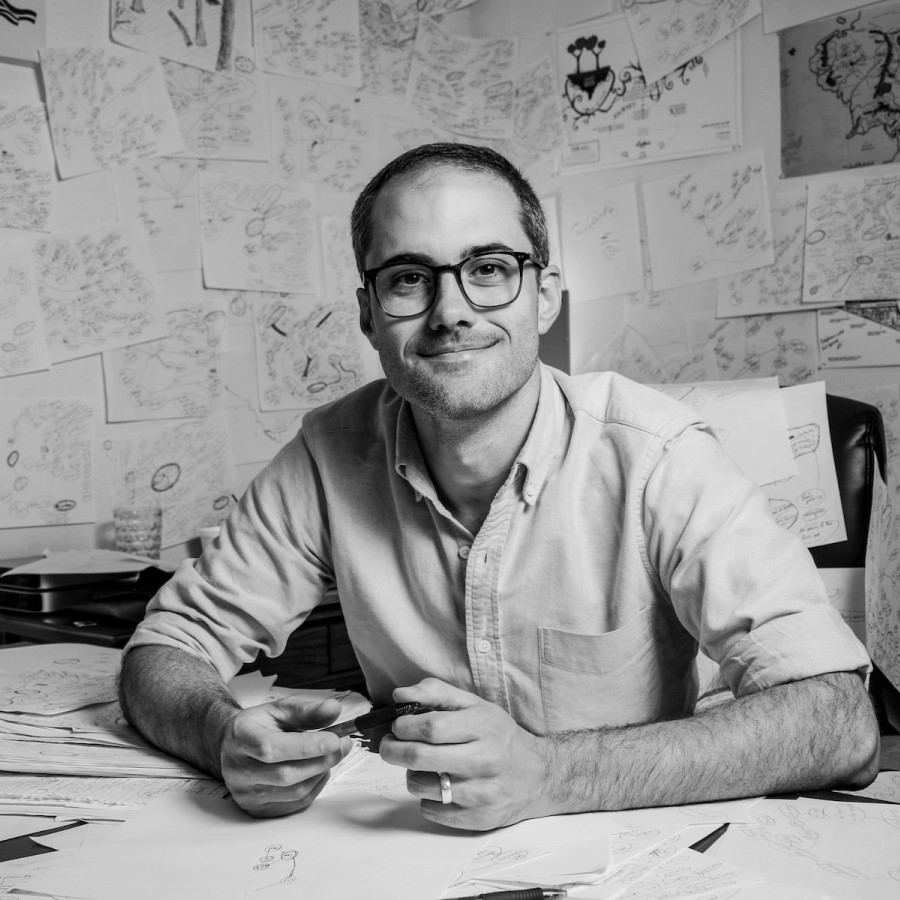Draining
I feel more and more distant from from my theological training. Someone mentions reformed and dispensational, and I don't feel like I recall enough to keep up. Someone mentions a propechy of Isaiah's, and I can't recall its context--whether he was a prophet to the northern or southern kingdom and when. I've read many, many books and have written numerous papers on all this stuff!
This is an attempt to redeem the loss. Hopefully it's all true and not just me trying to make myself feel better. Though if it is true, I'm no doubt still trying to make myself feel better.*
-
Dr. Hannah, one of the wonderful professors at DTS, told us that we would forget 95% of the things they taught us. Much more important is learning a) how to think and b) where to find information. I do believe I learned how to think, and I do believe I know where to find information.
-
Lack of use. It's been seven years since I graduated, and there's no Greek in IT. But on top of that, the past few years have been growth by way of failure (or perceived failure). I have not been disciplined in conventional spiritual disciplines. I have not had a strong place in a local body of believers. I spend my days fixing computers--not researching the Scriptures or thinking what some new world God created might be like. My time is much different now than what it was during and just after DTS.
-
The Dunning-Kruger effect. The more you know in some field, the less you think you know, and vice versa. Undergraduates think they know everything, and experts feel like they know nothing. If DTS did it's job, I should feel like I know nothing. That said, I do see evidence of having forgotten much. But perhaps it's not as much as I'm thinking.
-
Age. I am getting older. Do I need to say any more than what everyone already knows?
-
Fear. I am afraid of being unintelligent or of being perceived by others as unintelligent. Any item that suggests my incapability twists my perception of any real capability. (The opposite is also true.)
-
And that leads into this. In my flesh, one of the ways I attempt to remedy my death is to feel knowledgable, skilled, capable, and ultimately, ideal. As a believer, I naturally want to be an "ideal" one--"ideal" being defined according to whatever pseudo-Christian and American cultural values I have adopted. If God wants to teach me the truth of my dependence, how would he do it but by denying me the things I put in his place? That is, wouldn't he show me that I am knowledge-less, incapable, and far from ideal? Such could be the case here, and if I were looking at this with faith, I would see it as such.
Incidentally, the ideal believer is the one that Christ loves. That's it. And as we know, "For God so loved the world..."
That's all for now.
*In reality, even if it is a tragic loss, and it's all my fault, I am still wholly dependent on the grace of God through Christ--just as I would be if I lost nothing and had then built on it, rather than being whatever meager man I have become, and instead becoming a theological giant.
